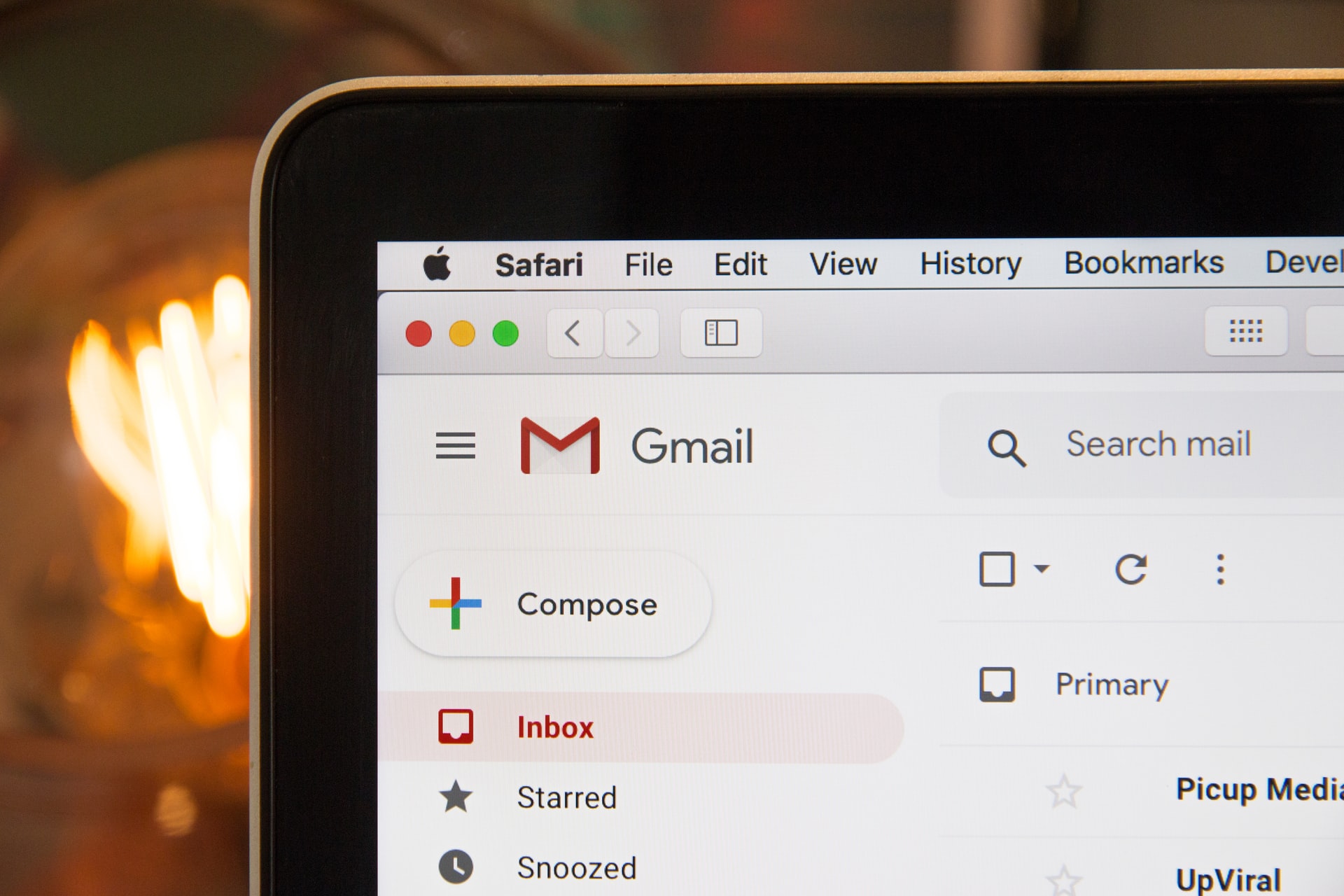Research has found that the average office worker spends around 2 hours per day, opening, reading and responding to emails. Shockingly, this averages out to a whopping 30 days of the year dedicated only to emailing.
The overbearing nature of business emails isn’t new, but it seems like it has become noticeably worse in recent months. As we have spent so much time over the past year under lockdown and therefore working from home, more emails are being sent than ever before. Adding to this pressure, many UK businesses are now trying to cope with Brexit and all the red tape that it brings. The issue of email overload has only been compounded with this perfect storm of problems.
It may seem like browsing your inbox is a necessarily evil that cannot be avoided. However, there are ways to make the process simpler and more efficient, therefore allowing you to save valuable time.
Change Your Outlook
One of the main problems with emails is that we consider them to be part of our work. Therefore, after spending a good chunk of time, opening, reading and responding to messages, it feels like we have achieved something. However, in many cases, responding to an email just defers work till later. A back and forth over email can continue over a period of days and sometimes weeks, extending the time it takes to finalise a decision or find a solution. Of course, the issue with this approach is that it wastes time and adds to the overall pressures of the working day.
Tackling this problem requires a different outlook. Many of the correspondences that happen via email can be handled much faster and more efficiently over the phone. An entire week’s work of emails between you and a client could be replaced with a five-minute conversation over the phone. Obviously, this doesn’t apply to all emails but there’s definitely some that are better suited to a phone call, for example diary management, straightforward, yes/no questions or anything that requires a more personal connection.
Transferring some email workload over to the phone will help to reduce your inbox, saving you time and reducing stress.
Organise Your Inbox
It may seem obvious but organising your inbox can be incredibly effective at streamlining your approach to emailing. Whatever account that you use, there will be an option to organise your emails, whether that be categories in Outlook or priority in Google Mail. Separating your emails into different categories will allow you distinguish everyday emails from those that are high priority and prioritise your time.
Categorising your emails will not only make the process faster and easier, it will also help to reduce the feeling of being overwhelmed. Rather than opening your inbox and facing an endless list, you will have groups of pre-organised messages.
Take a Day Off
One of the problems with continual emailing is that it never ends, the job is never done. As soon as you get on top of a mountain of emails, your inbox will fill right back up the next day. This is why an inbox can elicit dread in its owner, leading to a feeling of being out of control. Since there is no natural break from emails, it can be beneficial to create your own break- a day off.
The idea of avoiding your inbox for an entire day may seem impossible for some but it can really help to create a permeant attitude change. Pick a day each week, enforce an email ban and use this time in a different way. You could invest in more neglected aspects of your work, reconnect with work colleagues or simply have a well-deserved rest.
Allocate Time
As we have established, emailing is necessary and continuous and it’s unlikely to stop any time soon. However, the way in which you incorporate emailing into your working day, can have a substantial effect on your relationship with this task. It can be tempting to react to notifications instantly and continually check your inbox, but this can quickly become overwhelming. Try to allocate one specific time of the day for emails. This allows you to set goals and focus your time when going through your inbox but it doesn’t allow emails to take over your entire day. In this same vein, try to avoid checking your inbox when you first wake up, when you’re eating a meal or before you go to sleep. It’s very easy for emails to become all-consuming and the less that you allow them to control your day, the less overwhelmed you will feel.















